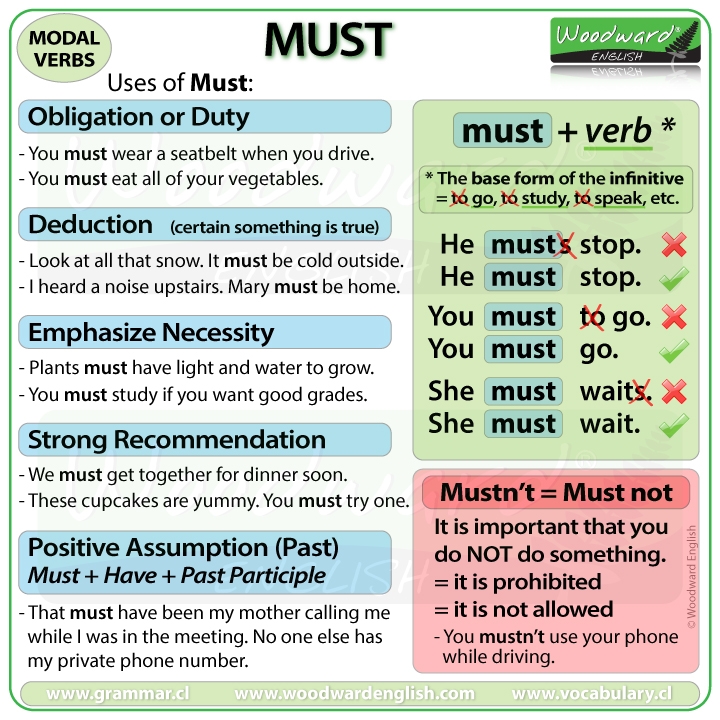Modal verbs are a type of auxiliary verb that express necessity, possibility, permission, or ability. They are used to indicate the attitude of the speaker towards the action or event being described. These verbs are unique in that they do not change form to indicate tense, person, or number.
Modal verbs are often followed by the base form of a verb, and can modify the meaning of the main verb in a sentence. Some common modal verbs include ‘can’, ‘could’, ‘should’, ‘must’, ‘may’, ‘might’, ‘will’, ‘would’, and ‘shall’.
Example of a Modal Verb:
One example of a modal verb is ‘can’. It is used to express ability or possibility. For instance, in the sentence “I can swim”, ‘can’ indicates the speaker’s ability to swim. Another example is “She can speak French fluently”, where ‘can’ shows the person’s capability to speak French proficiently.
Modal verbs can also be used to express permission. In the sentence “You can leave early today”, ‘can’ signifies that the person has permission to leave early. Similarly, in the statement “Students can bring snacks to class”, ‘can’ indicates that students are allowed to bring snacks.
Another modal verb, ‘must’, is used to express necessity or obligation. For example, in the sentence “You must submit your assignment by Friday”, ‘must’ conveys the requirement to submit the assignment by the specified deadline. Similarly, in the statement “I must study for the exam”, ‘must’ indicates the necessity of studying for the exam.
Modal verbs can also express possibility. In the sentence “It may rain tomorrow”, ‘may’ suggests the possibility of rain occurring the next day. Similarly, in the statement “She might attend the party”, ‘might’ indicates the possibility that she will go to the party.
Overall, modal verbs play a crucial role in expressing various attitudes and meanings in a sentence. Whether indicating ability, permission, necessity, or possibility, these verbs help convey the speaker’s perspective on the action or event being described.
